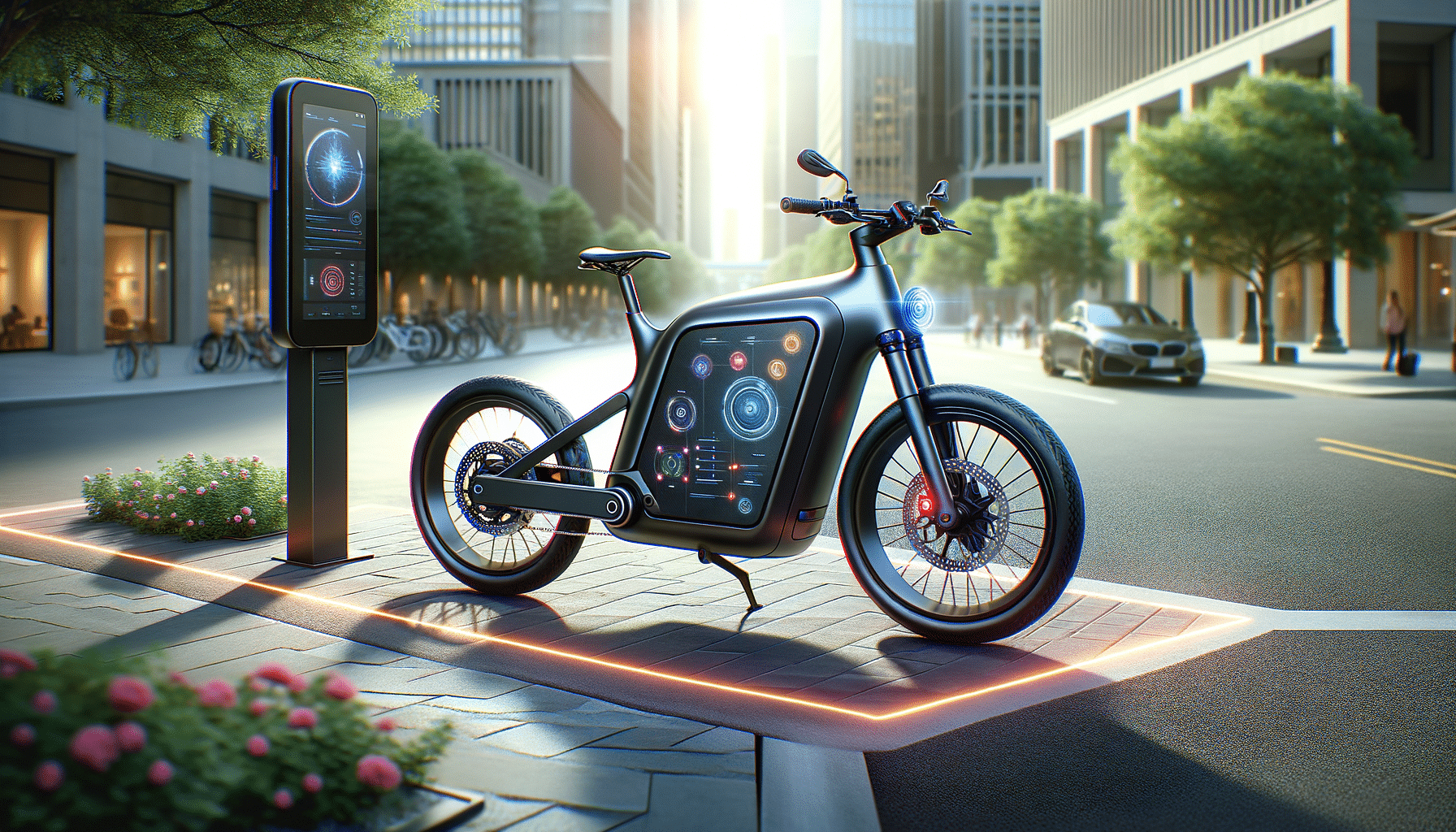
Exploring AI-Powered E-Bikes with Intelligent Systems and Autonomous Navigation
Introduction to AI-Powered E-Bikes
The advent of AI-powered e-bikes marks a significant technological leap in personal transportation. These bikes are not just about electric propulsion; they embody the integration of artificial intelligence to enhance the cycling experience. AI technology is transforming e-bikes into smart vehicles capable of learning from their environment and adapting to the needs of the rider. This transformation is crucial in the context of urban mobility, where efficiency, sustainability, and convenience are paramount.
AI-powered e-bikes offer several advantages, including improved safety through intelligent systems that can predict and react to various situations on the road. They also provide personalized riding experiences by learning the rider’s habits and preferences. As cities become more congested and the need for sustainable transport solutions grows, AI-powered e-bikes are poised to play a pivotal role in shaping the future of urban commuting.
Intelligent Systems in AI-Powered E-Bikes
At the core of AI-powered e-bikes are intelligent systems that enhance functionality and user experience. These systems use sensors and algorithms to gather and analyze data, enabling the bike to make informed decisions. For instance, AI can optimize power usage based on terrain and riding style, ensuring efficient energy consumption and extending battery life.
Moreover, intelligent systems can enhance safety features, such as collision avoidance and adaptive lighting. E-bikes equipped with AI can detect obstacles and adjust speed or path accordingly, significantly reducing the risk of accidents. Additionally, some models offer real-time diagnostics, alerting riders to potential maintenance issues before they become serious problems.
The integration of AI into e-bikes also opens up possibilities for connectivity. Riders can sync their e-bikes with smartphones or other devices, accessing navigation, performance analytics, and even social features for a more interactive riding experience.
Autonomous Navigation and the Future of E-Bikes
One of the most exciting prospects of AI integration in e-bikes is the potential for autonomous navigation. While fully autonomous bikes are still in the experimental stage, current advancements suggest a future where e-bikes can navigate urban environments with minimal human intervention. This capability is particularly appealing for shared mobility services, where autonomous e-bikes could autonomously return to charging stations or reposition themselves based on demand.
Autonomous navigation relies heavily on AI’s ability to process environmental data in real-time. This includes recognizing traffic signals, avoiding pedestrians, and adapting to changing weather conditions. The development of such technology will require robust machine learning algorithms and extensive testing to ensure safety and reliability.
As AI-powered e-bikes continue to evolve, they promise to revolutionize urban transport by offering a flexible, efficient, and eco-friendly alternative to traditional vehicles. The integration of autonomous features will likely enhance their appeal, making them a cornerstone of smart city initiatives worldwide.


